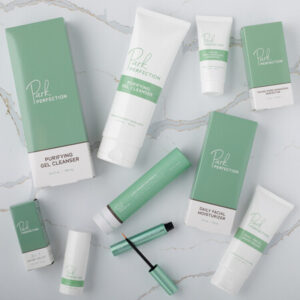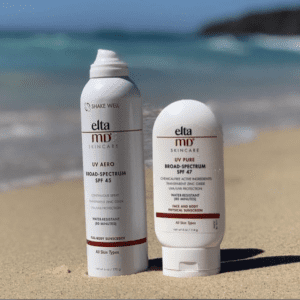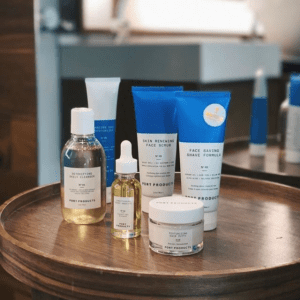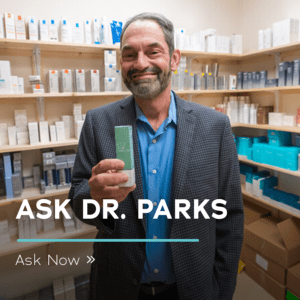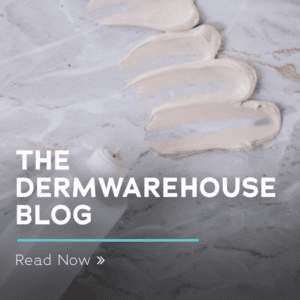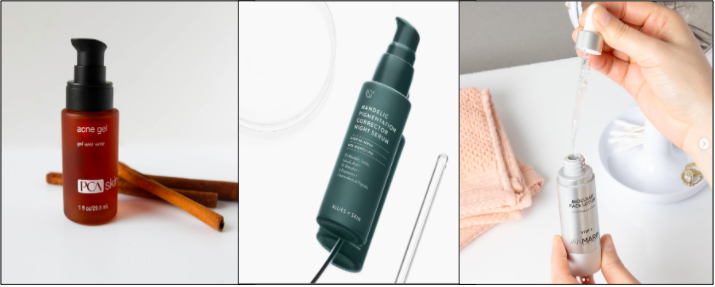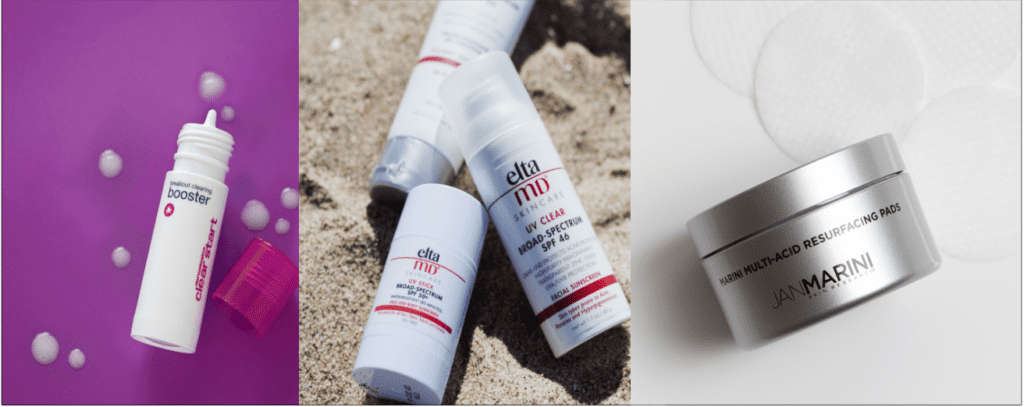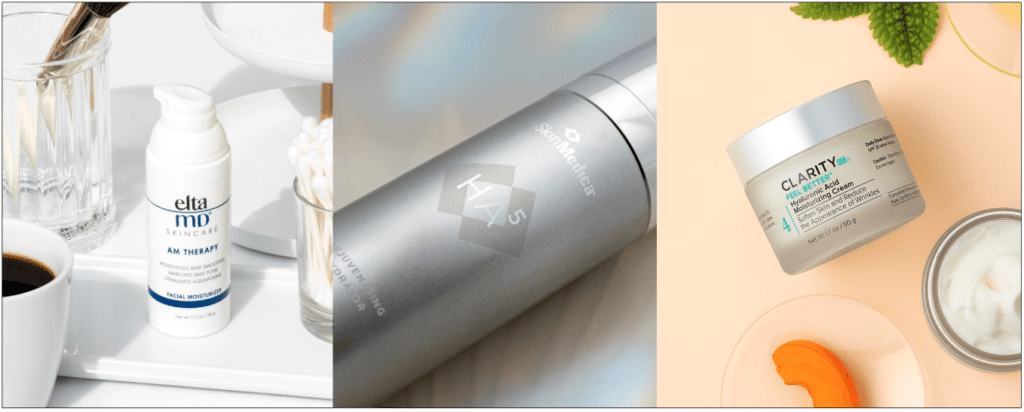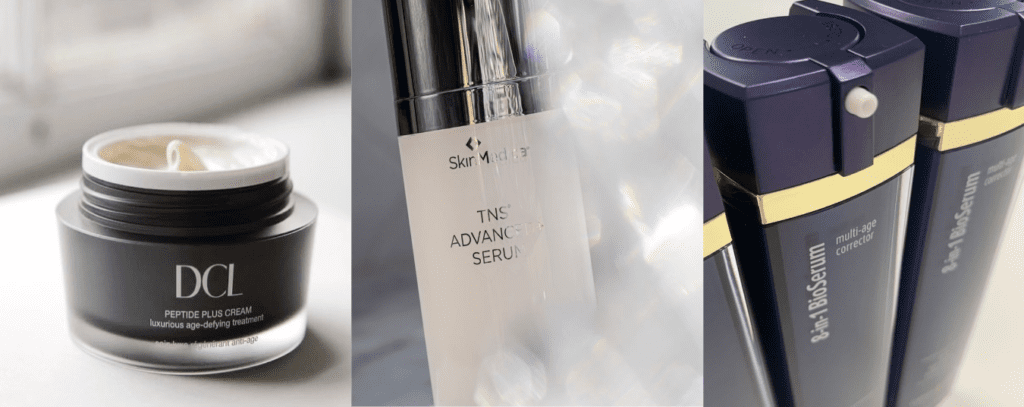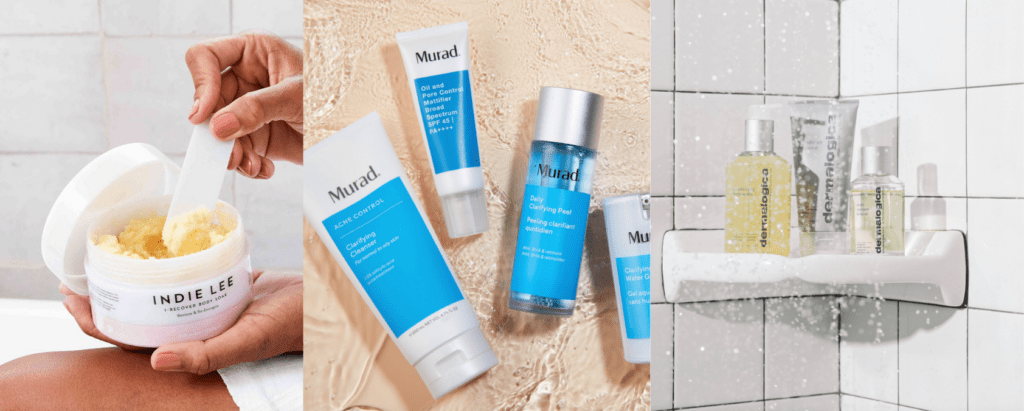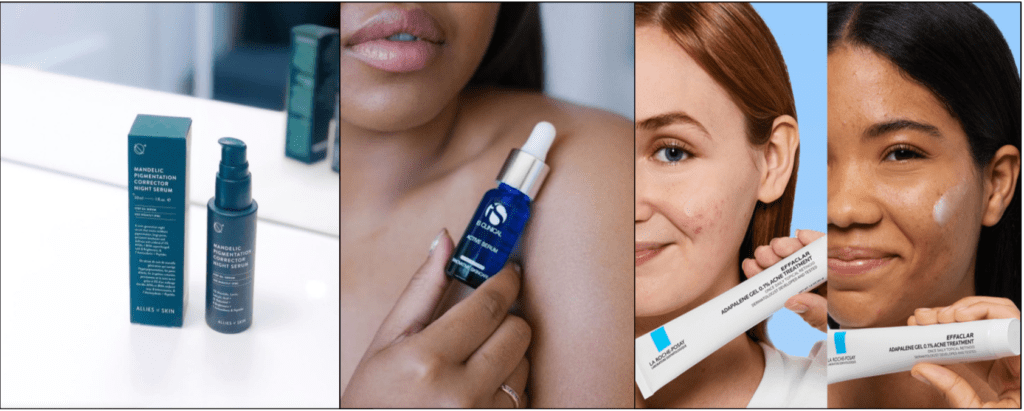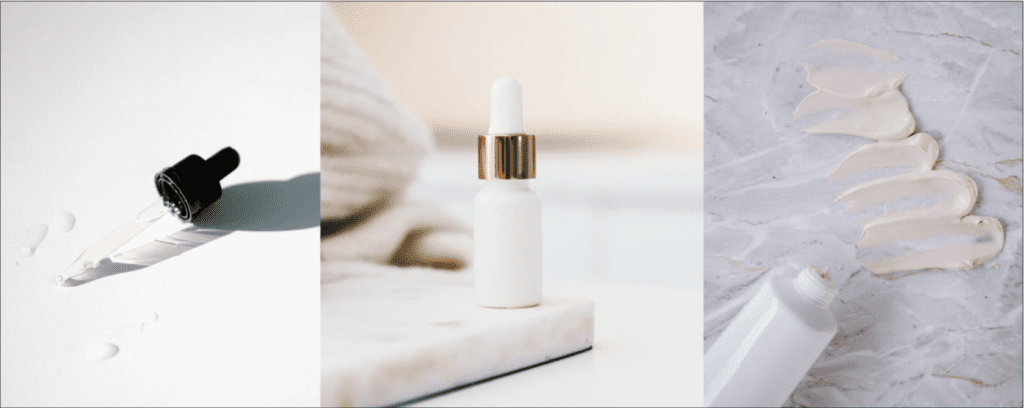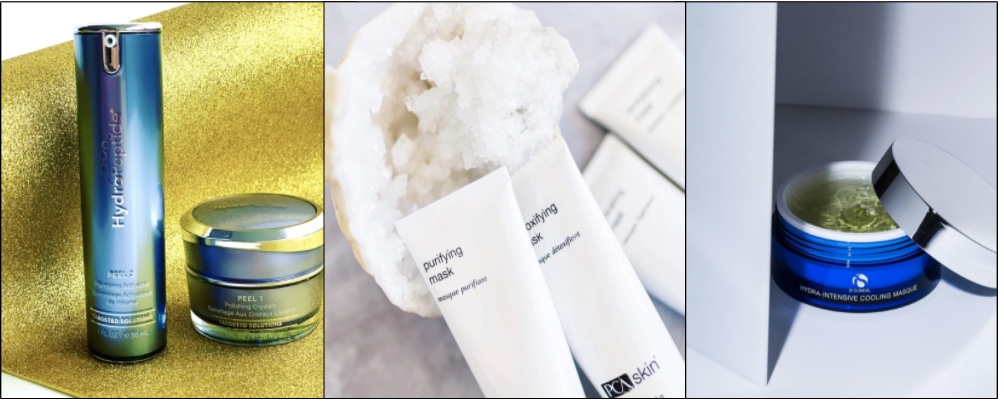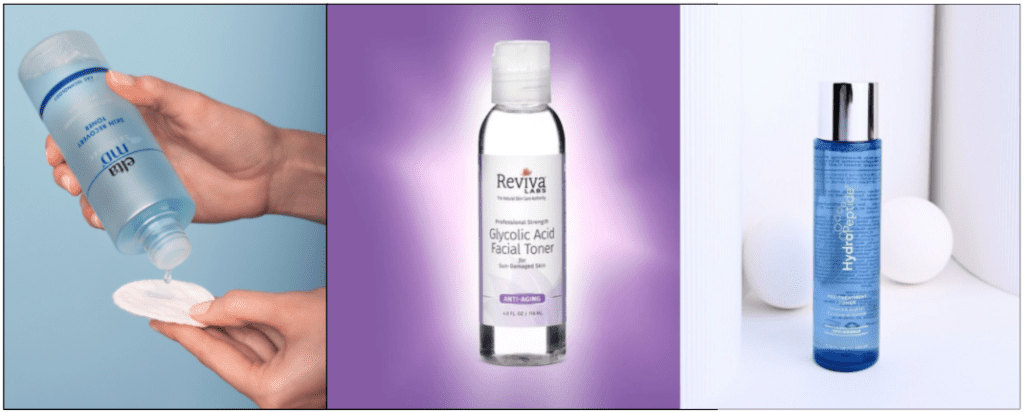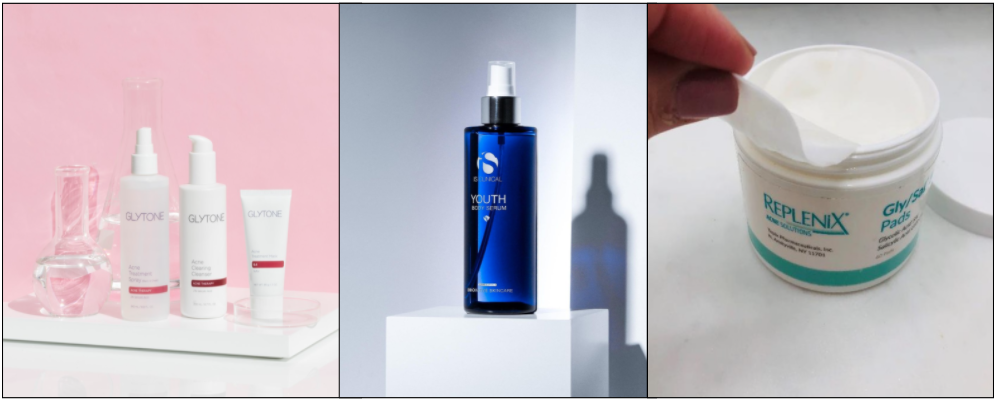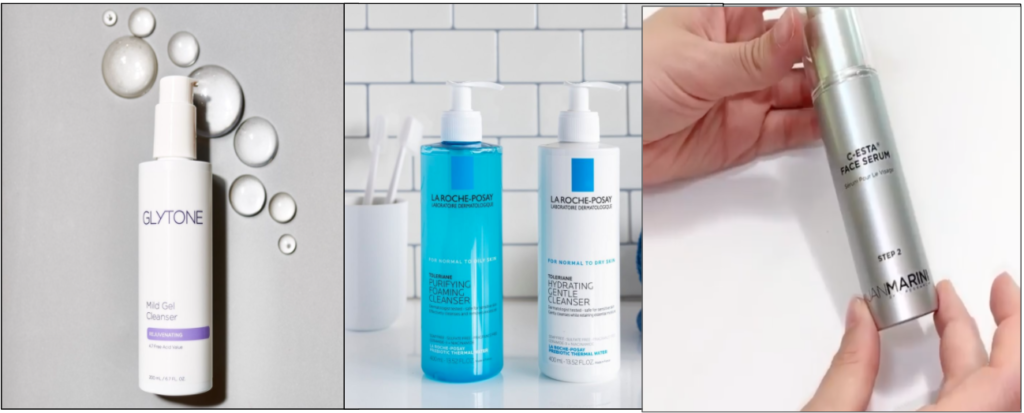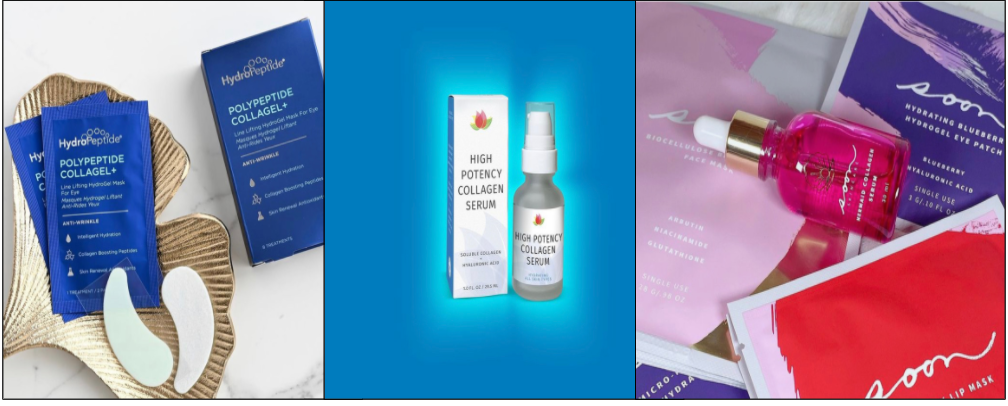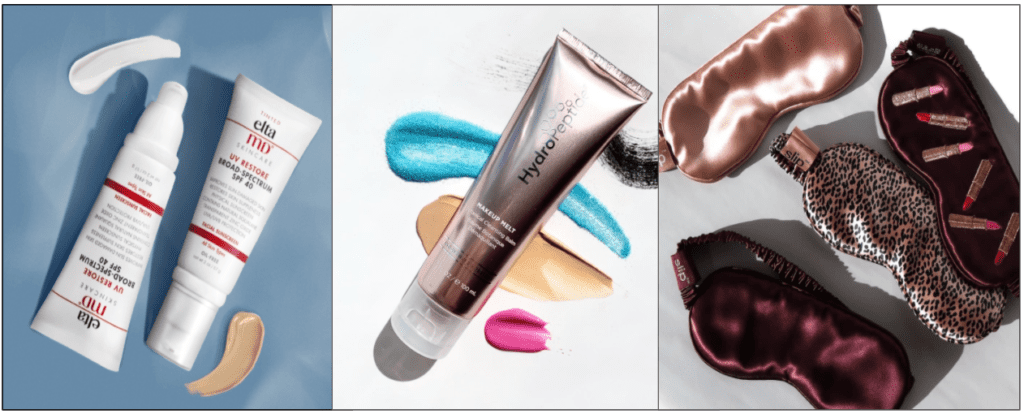As far as well-known and widely-used ingredients, salicylic acid is on the top of the list. It may seem like every brand out there has a product or two that uses salicylic acid, but often, we don’t know how salicylic acid works or what its benefits are for the skin. The thought of applying an acid to your skin can be scary; but don’t fear, this skincare ingredient is not the same as the acids you’re thinking of.
Salicylic acid is a beta-hydroxy acid, one of two kinds of popular acids used in skincare. The structure of beta-hydroxy acids compared to alpha-hydroxy acids is more oil-soluble rather than water-soluble, making it easier for BHAs to penetrate deep into the skin to clear out your pores and get rid of dead skin cells. Compared to other popular acids, like glycolic acid, salicylic acid is known for being able to chemically exfoliate deep into the skin rather than the surface layer.
So, what does salicylic acid do for the skin exactly?
If you’ve heard of salicylic acid before, you’ve probably seen it featured in products used for acne and breakouts. For many, this is one of the most popular uses of salicylic acid- to help treat and prevent acne. Like we mentioned earlier, salicylic acid can easily penetrate into your pores due to the fact that it’s oil-soluble. Once it’s in your pores, salicylic acid works to dissolve dirt, excess oil and other skin-irritating debris within your pores to help prevent breakouts from forming. It also acts as an anti-inflammatory within the pores, helping to prevent future breakouts and treat any current ones you may have.
In addition, salicylic acid works as an exfoliant- a chemical exfoliant. You may think of exfoliation as using a scrub or brush on your skin to physically remove the top layer of dead skin. Chemical exfoliation is similar, however, it involves using active ingredients to break down dead skin cells beneath the top layer of your skin. It loosens and breaks apart attachments between dead cells, called desmosomes, encouraging exfoliation of the skin and clearing the pores. Through this process, salicylic acid is known to be great for not only acne, but for minimizing the appearance of pores, helping to improve fine lines and wrinkles, calming redness and irritated skin and regulating oil production in the skin.
How can I add salicylic acid into my routine?
Because it’s a well-known ingredient in the dermatological world, salicylic acid can be found in products for all steps of your skincare routine. Many people find it helpful to use salicylic acid in their cleanser, like SkinMedica’s Purifying Foaming Wash. Using salicylic acid, this foaming cleanser penetrates deep into your pores for a total clean to keep your skin smooth and clear. If you’re especially struggling with acne, adding in a targeted spot treatment is your best bet. A treatment like the PCA Skin Acne Gel has 2% salicylic acid, in addition to azelaic acid, cinnamon bark, ginger root, green burnet root and licorice root extracts to improve the overall appearance of acne-prone skin. There’s also the Jan Marini Bioclear Face Lotion, a lightweight exfoliating lotion for those suffering from oily or acne prone skin. In addition to salicylic acid, this lotion also has azelaic acid and glycolic acid to provide a wide range of benefits for the skin. Even if you’re not struggling with acne, salicylic acid is known to be helpful for other skin concerns. A serum like Allies of Skin Mandelic Pigmentation Corrector Night Serum uses a powerhouse of ingredients, like salicylic acid, mandelic acid, lactic acid, as well as antioxidants and brighteners, to treat skin concerns like pigmentation, uneven skin tone and enlarged pores.
When it comes to using any skincare ingredients, but especially acids, it’s important to pay attention to your skin. If your skin starts to burn, peel or itch, you may want to lower the days you use salicylic acid, or decrease the concentration. Remember to also always wear sunscreen when using a chemical exfoliant (or any other time) to prevent skin damage and irritation.

